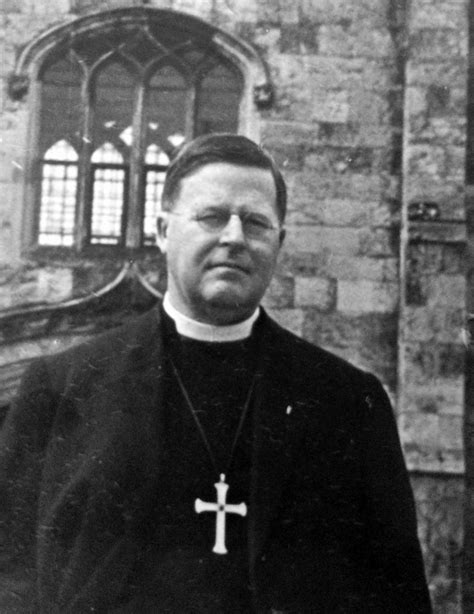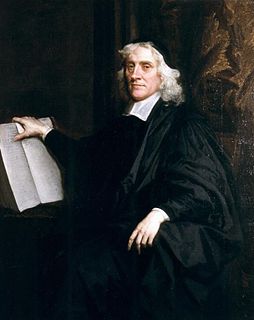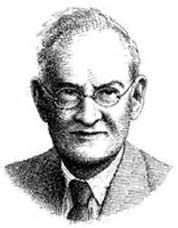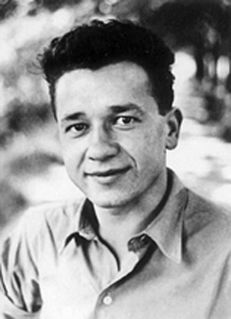A Quote by William Temple
There cannot live a more unhappy creature than an ill-natured old man, who is neither capable of receiving pleasures, nor sensible of conferring them on others.
Related Quotes
Satirical writers and speakers are not half so clever as they think themselves, nor as they are thought to be. They do winnow the corn, it is true, but it is to feed upon the chaff. I am sorry to add that they who are always speaking ill of others are also very apt to be doing ill to them. It requires some talent and some generosity to find out talent and generosity in others, though nothing but self-conceit and malice are needed to discover or to imagine faults. It is much easier for an ill-natured man than for a good-natured man to be smart and witty.
In handling men, there are three feelings that a man must not possess-fear, dislike and contempt. If he is afraid of men he cannot handle them. Neither can he influence them in his favor if he dislikes or scorns them. He must neither cringe nor sneer. He must have both self-respect and respect for others.
I could not become anything; neither good nor bad; neither a scoundrel nor an honest man; neither a hero nor an insect. And now I am eking out my days in my corner, taunting myself with the bitter and entirely useless consolation that an intelligent man cannot seriously become anything, that only a fool can become something.
When the soul is naughted and transformed, then of herself she neither works nor speaks nor wills, nor feels nor hears nor understands; neither has she of herself the feeling of outward or inward, where she may move. And in all things it is God who rules and guides her, without the meditation of any creature.... And she is so full of peace that thought she pressed her flesh, her nerves, her bones, no other thing come forth from them than peace.
Nothing can separate you from His love, absolutely nothing, neither death nor life, nor angels, nor principalities, nor powers, nor things present, nor things to come, nor height, nor depth, nor any other creature... We do not need to beg Him to bless us, He simply cannot help it. Therefore God is enough! God is enough for time, God is enough for eternity. God is enough!
The world is ruled by neither justice nor morality; crime is not punished nor virtue rewarded, one is forgotten as quickly as the other. The world is ruled by power and power is obtained with money. To work is senseless, because money cannot be obtained through work, but through exploitation of others. And if we cannot exploit as much as we wish, at least let us work as little as we can. Moral duty? We believe neither in the morality of man nor in the morality of systems. [p. 168]
There is no hope for the world unless and until we formulate, accept and state publicly a true moral code of individualism, based on man's inalienable right to live for himself. Neither to hurt nor to serve his brothers, but to be independent of them in his function and in his motive. Neither to sacrifice them for himself nor to sacrifice himself for them.































